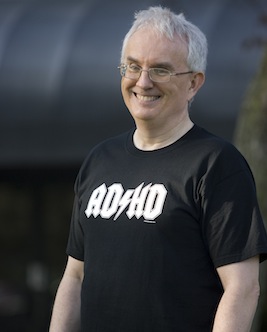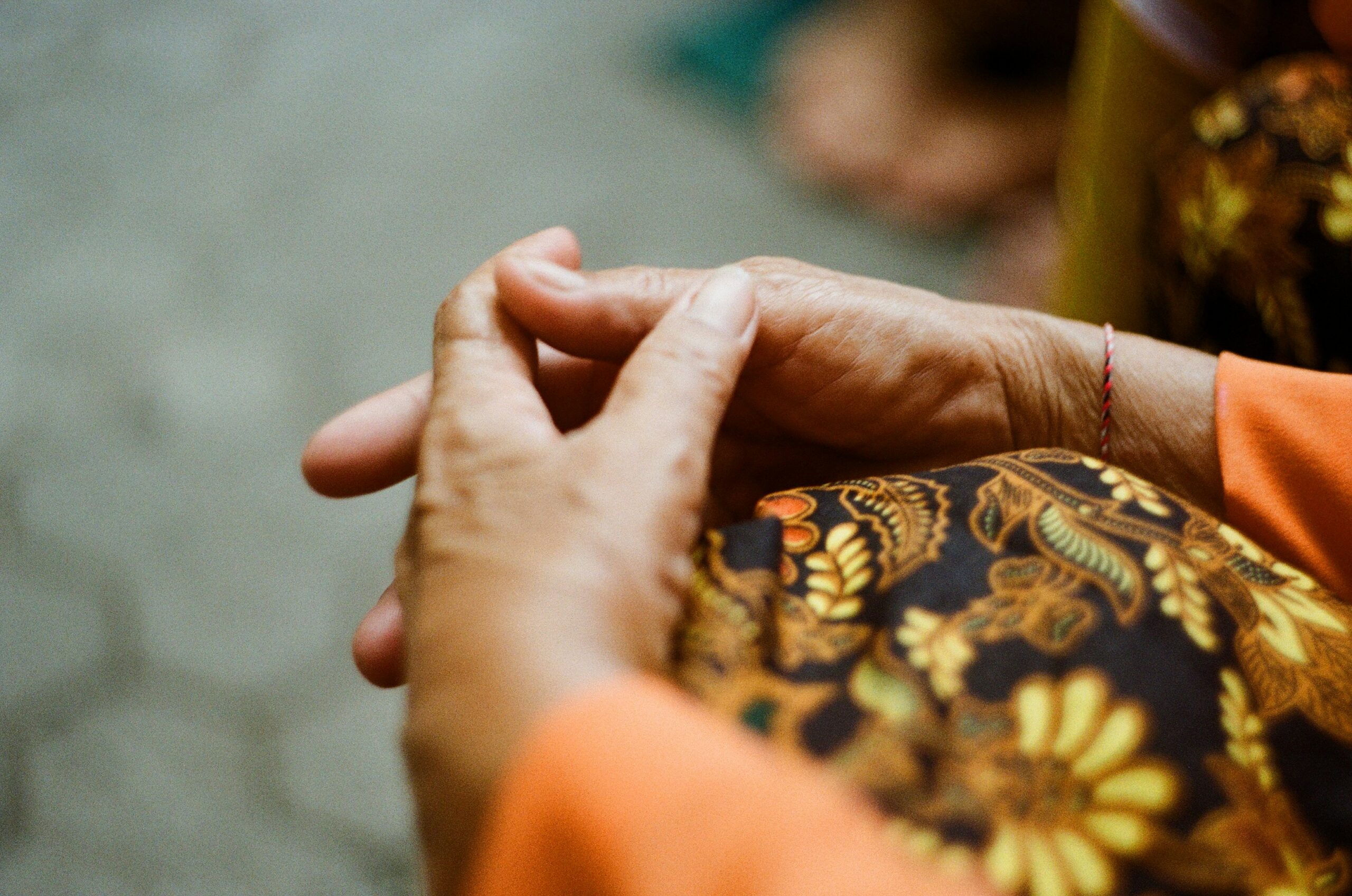Editorial
Rick Green: Dancing with One Leg Shorter

Wikipedia got it all wrong: Rick Green is alive and kicking having just finished a new documentary, thank you very much.
The Canadian actor-writerdirector, perhaps best known for his work on the long-running comedy series The Red Green Show, got a chuckle months ago when the citizenowned online encyclopedia greatly exaggerated the rumour of his demise by announcing his premature death.
“Several people were actually rather upset by it,” Green chuckles over the phone. “But the mistake’s been corrected.” If anything, it’s Rick Green’s aliveness that makes him such an engaging conversationalist. He speaks with passion about his ADHD (Attention Deficit Hyperactivity Disorder), its impact on his life as an artist and with the child-like joy of discovery he describes some of the content of his documentary, ADD and Loving It?, which aired on Global this fall.
Hosted by Canadian funny guy –and frequent Green collaborator—Patrick McKenna, the hour-long film depicts the condition as a disposition rather than a disability. It features interviews with successful people living with the condition from all walks of life, while acknowledging “all the bad stuff as well,” says Green. “We were surprised at all the things we discovered, The amount of misinformation out there is incredible. Even experts were surprised.”
One of the myths swiftly dispensed with is that meds are bad. He says. “These meds have been prescribed since 1937 and are effective 80 per cent of the time. For the remaining 20 per cent there are either no results or poor results. Teachers say kids flourish when they are on the right meds, especially when compared to the kids whose parents choose the drug-free route.”
Green’s own medication regime includes Ritalin and Concerta. ”Both are amazing and have made a big difference, he says. “What I got was that this helped turn down the noise.” But it was actually less than a decade ago when Green, 55, was diagnosed with the condition. Acceptance of the label was strictly a Kubler-Ross (or, grieving) process he says.
“At first, I was relieved at the diagnosis because I finally had an explanation for everything. Then I felt anger, then more anger after talking with friends and family who said the behaviour was associated with creativity. Then, sadness at ‘had I but known.’”
Green likens ADHD to being on a dance floor with someone and grooving the night away on one leg that’s about three inches shorter than the other and shifts to the left. “So there you are, out on the dance floor, and suddenly, you’ve knocked over your date, and she’s knocked over someone else, and they’ve knocked over the punch bowl, and suddenly you’re left with this big mess all over the floor, and you’re left feeling like a bad person. It’s a relief to realize you’re not, but it doesn’t explain or excuse anything because you’re still out there on the dance floor and you start thinking about all the costs. So then you say, ‘Let’s see what happens with a three-inch heel in my shoe,’ and for the first time things are even and you’re arriving on time.”
Has ADHD helped his creativity at all? “It’s helped me be trusting, to allow ideas to flow,” he says, reflecting on a long career that’s included high water marks in Canadian television— acting, writing, directing and producing stints on The Red Green Show, which ran for the better part of a decade.
Green’s also known for creating, writing and acting in shows like TVO’s Prisoners of Gravity, and History Bites for The History Channel. For several years he was a key player on CBC Radio’s long-running Frantic Times featuring Toronto comedy troupe The Frantics. Along the way he wrote articles for The Globe and Mail, recorded comedy albums, acted in the odd movie, and received accolades and awards. Not bad for a youngster who started out as a teacher with the Ontario Science Centre.
“Creativity is a muscle that you build” he says. “One of the most satisfying things about being an artist is seeing something obvious nobody’s ever noticed before. You are able to do something without being exploitive and show the truth as we know it.”
That creativity and trademark humour were front and centre in ADD and Loving It, which aired in September on Global TV. “Of all the diagnoses, this one brings so much hope,” says Green. “The brain is flexible and you can play to strengths and work around your weaknesses. If you can do that, you can soar.”




